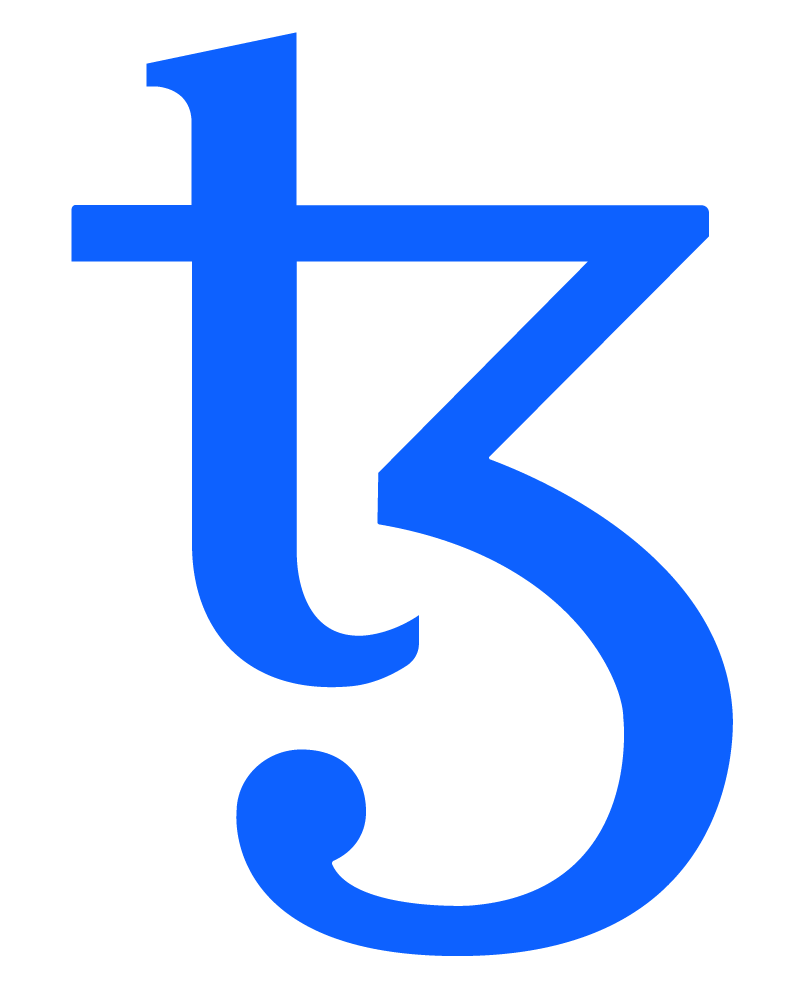
Faucet.p2p.org
P2P.org provides non-custodial staking infrastructure and APIs for over 35 proof-of-stake blockchains, enabling token holders and institutions to stake assets securely and earn rewards.
Overview
P2P.org is a non-custodial staking infrastructure provider founded in 2018 that supports over 35 proof-of-stake (PoS) blockchain networks. It offers a comprehensive suite of staking products including a user-friendly ETH staking dApp, enterprise-grade staking APIs, distributed validator technology (DVT) integration, and staking data services. The platform targets intermediaries such as Web3 wallets, exchanges, custodians, and private investors who want to participate in staking without managing validator nodes themselves. P2P.org manages the technical infrastructure, ensuring high uptime and security while distributing staking rewards to users.
The platform supports a wide range of networks including Ethereum, Solana, Polkadot, Bitcoin (Babylon), Cosmos, Cardano, Aptos, and many others, totaling more than 40 networks. P2P.org also offers advanced features like EigenLayer restaking, which allows ETH stakers to earn additional rewards by reusing their stake across multiple protocols. Its Staking-as-a-Business product enables institutional clients and intermediaries to launch staking services and generate new revenue streams with white-label solutions and full support.
P2P.org differentiates itself through its robust infrastructure with 99% average uptime, SOC 2 Type I certification, verified smart contracts, and 24/7 expert support. It provides easy integration via a unified API, ready-to-use code examples, and AI-assisted documentation to accelerate developer onboarding. With over $7 billion in total value locked (TVL) and 90,000+ delegators, P2P.org is a trusted staking partner for institutional clients and retail users alike. Developers can get started quickly by accessing the staking API, using the ETH staking dApp, or integrating white-label nodes and data APIs into their products.
The Problem
Managing validator nodes and staking infrastructure is complex, resource-intensive, and requires high security and uptime to avoid penalties. Many token holders and institutions lack the technical expertise or resources to run nodes themselves, limiting their ability to earn staking rewards efficiently.
The Solution
Key Features
ETH Staking dApp and Widget
User-friendly interface to stake ETH directly from the website or embed staking widgets for institutional-grade staking.
Faucet.p2p.org Alternatives
Explore web3 competitors and apps like Faucet.p2p.org.

Multichain
Pricing
Standard | |
|---|---|
| Price (Monthly) | Custom pricing |
| Price (Annual) | Custom pricing |
| Messaging | N/A |
| Support | 24/7 expert support with dedicated account managers for institutional clients |
| Analytics |
Start Building Now
Reliable RPC, powerful APIs, and zero hassle.
Resources
P2P.org provides extensive documentation, code examples, and AI-assisted integration tools to help developers quickly implement staking solutions. The documentation covers API references, network support, and advanced features like DVT and EigenLayer restaking.




























